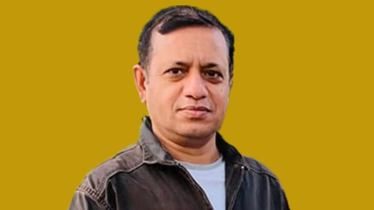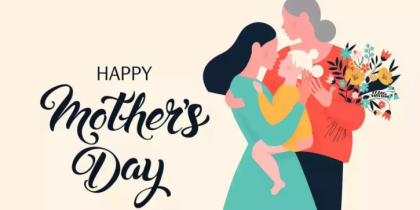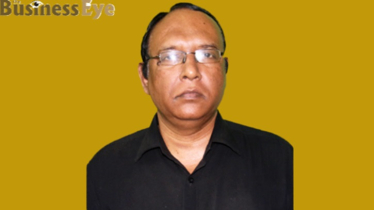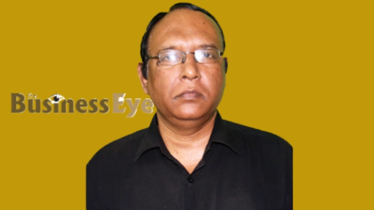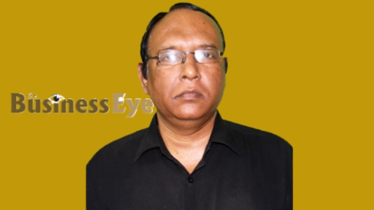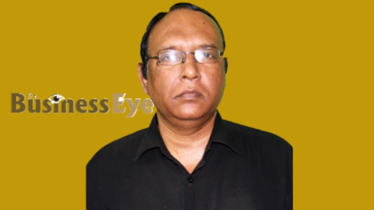
Bangladesh is approaching the 12th general election to elect new parliament members despite a few political parties continuing to protest for a caretaker electoral government. However, the fate of women candidates and politicians from both ends will remain the same in terms of cyber violence. Considering recent data and neighboring countries' experiences, we assume cyber warfare will be decisive for the women politicians in Bangladesh for upcoming elections.
The ruling Awami League government's ‘Digital Bangladesh’ campaign has made remarkable progress in ensuring more women are active in the digital space. However, work remains to be done in securing their safety and dignity. The country is facing some socio-cultural challenges, among which cyber violence against women is increasing day by day. The COVID-19 pandemic was leading to increased levels of violence as people now engage more frequently in online spaces globally. This violence often becomes even more catastrophic for women who are politically and civically engaged, particularly at the time of election season.
In the last four national election seasons, there has been a surge in cyber violence against women, according to the International Foundation for Electoral Systems (IFES). The critical observations of IFES include that the perpetrators of online psychosocial violence often engage in character assassination, cyber obscenity pornography, hateful comments against women, cyber stalking, hacking, privacy infringement, and spreading gendered stereotypes. However, this cyber violence is aimed not only at women politicians but also at women who are engaged in civic activism. Within the Bangladesh context, such rhetoric can deeply harm a woman’s reputation and deter other women from election.
Different socioeconomic and religious factors have affected the narrative of politics in Bangladesh, which is portrayed as a male domain inappropriate for women’s participation. Consequently, impugning the character of a woman interested in politics is often an effective tool for driving her from the political arena. While all stakeholders have been pushing for women's equal footing with men in election spheres, the digital space remains an arena where women candidates and their supporters are underrepresented and far from safe.
Online abuse and harassment have been driving women to quit social media platforms, which are their electoral platforms too, including Facebook, Instagram, and Twitter, with nearly 60 percent experiencing harassment, a global study has shown. The Cyber Police Center, led by the Criminal Investigation Department (CID) of Bangladesh Police, shared that they now receive around 3,500 cybercrime complaints every month on average (Bangladesh Post, May 2023). According to a study commissioned by ActionAid Bangladesh in 2022, a total of 63.51% of women respondents reported facing online violence, which was 50.19% last year.
Indian case studies are even more alarming for Bangladesh! Women politicians in India face a shocking scale of abuse on social media. A study by Amnesty International India said 95 female politicians received nearly 1 million hateful mentions, including rape and death threats on Twitter between March and May and shortly after the 2019 General Elections in India, which is undoubtedly raising concerns over rising online violence against women in neighboring countries too.
Electing a new government in Bangladesh is always stressed with political resentment. Violence, booth capturing, and identity erasure have been integral parts of the course of elections. This time, the threat increases in digital technology like Artificial intelligence. Political parties in Bangladesh are using social media to drive communication strategies and data analytics for targeted political campaigns, with a high possibility of exploiting digital technology to provoke the election process. Malicious actors can attempt to manipulate elections by targeting female candidates, supporters and propaganda operations to influence voter behaviors. Such instances have made cyber security for women a critical part of the upcoming national election.
Now, this type of online violence against women will not end automatically. Instead, it will be taking more robust shapes and forms. Especially in the election period, women candidates will be facing sexual allegations, defamation, and hateful comments online; once women are taking an active part in the elections, they are threatened both socially and politically. If women candidates continue to face cyber threats, the number of potential candidates could be declined, even sometimes withdraw themselves from the election, making future women candidates even more feared.
Thank Bangladesh Police for introducing dedicated support to address cyber violence against women by establishing the 'Police Cyber Support for Women' (PCSW) in November 2020. This dedicated unit has been reluctantly addressing complaints about cyber violence being faced by women and girls. However, PCSW has been running with its in-house capacity and home-grown skills. Considering the increasing number of complaints and the complexity of cyber violence during the election period, the Election Commission should put solid strength in building advanced institutional and professional services for combating cyber violence against women politicians during the elections.
All political parties should create an enabling atmosphere for women politicians to combat cyber violence during the national election. Election commissions, NGOs, and civil society organizations should immediately campaign to address the challenges and create adequate awareness for building a cyber-smart community, especially for women and young people.Through active engagement and collaboration with political and social stakeholders, we urge to create a substantial impact, particularly in providing a safer online space for women and girls in election periods and beyond.
The writer is a Development Communication Expert and Executive Director of the Association for Community Empowerment (ACE). He can be at [email protected]

.png)
